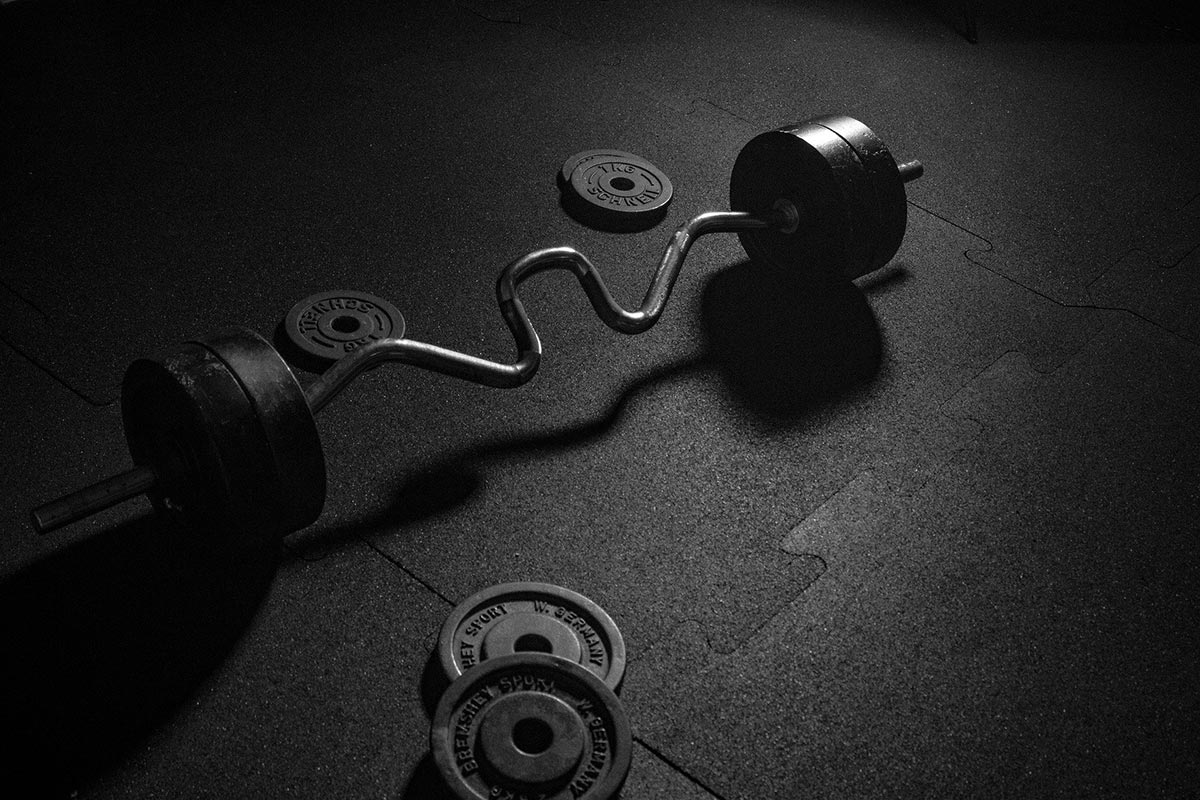Creating and maintaining a healthy lifestyle requires a blend of knowledge, discipline, and action. Whether you're starting your fitness journey or refining your routine, understanding key principles can significantly enhance your results. Let's break down expert insights that can help you optimize your health and fitness journey while keeping it sustainable and enjoyable.
The Importance of Breakfast
Skipping breakfast might seem like an easy way to cut calories, but it can send the wrong signals to your body. When you skip breakfast, your metabolism slows down as your body enters conservation mode, anticipating starvation. Starting your day with a meal rich in complex carbohydrates and protein, such as oatmeal with fresh fruit or whole-grain toast with eggs, fuels your metabolism and sets a positive tone for the rest of the day.
Timing Your Meals Wisely
Research highlights the benefits of consuming a substantial breakfast and lunch, paired with a lighter dinner. This meal distribution aligns with your body’s natural circadian rhythms, enhancing digestion and nutrient absorption earlier in the day. A light snack a few hours before bedtime, such as low-fat cottage cheese or a handful of nuts, can help stabilize blood sugar levels and prevent late-night hunger pangs.
The 1200-Calorie Rule
While reducing caloric intake is a cornerstone of weight management, consuming fewer than 1200 calories a day can be counterproductive. At such low levels, your metabolism may slow significantly, making it harder to lose weight. Instead, focus on a balanced diet that meets your energy needs while encouraging gradual, sustainable weight loss.
The Power of Snacking
Frequent, balanced snacks can prevent extreme hunger and keep your metabolism active. Aim for snacks that combine protein and fiber, such as Greek yogurt with berries or hummus with veggie sticks. These options provide sustained energy, helping you make better choices during your main meals.
Prioritize Carbohydrates Over Fats
Carbohydrates often get a bad rap, but they are a vital energy source, especially for those leading active lifestyles. Opt for complex carbohydrates like fruits, vegetables, and whole grains, which are nutrient-dense and low in calories compared to fats. Limiting saturated fats found in processed foods and fatty cuts of meat can further enhance your health and energy levels.
Daily Aerobic Activity
Consistent aerobic exercise is key to maintaining cardiovascular health, boosting mood, and increasing calorie burn. Activities such as walking, jogging, swimming, or cycling engage large muscle groups and improve endurance. The goal is to make movement a daily habit—your body thrives on regular activity.
Incorporating Mini Workouts
In addition to planned workouts, brief bursts of activity throughout the day can enhance your overall fitness. Whether it’s a brisk walk during your lunch break, stretching at your desk, or a quick set of jumping jacks at home, these mini sessions keep your metabolism engaged and your body energized.
The Role of Resistance Training
Resistance training is essential for building and maintaining muscle mass, improving bone density, and supporting joint health. Incorporate strength exercises into your routine at least three times a week. Activities like weightlifting, resistance band exercises, or bodyweight movements such as squats and push-ups can rev up your metabolism and enhance your overall strength and stability.
The Hydration Factor
Your metabolism relies on adequate hydration to function optimally. Aim to drink at least 60 ounces of water daily. Carrying a reusable water bottle can help you stay on track and prevent dehydration, which can lead to fatigue, reduced performance, and even false hunger cues.
Avoid Processed Foods
Processed foods often contain added sugars, unhealthy fats, and artificial ingredients that can derail your health goals. Opt for whole, minimally processed foods whenever possible. Cooking at home using fresh ingredients gives you greater control over your nutrition and ensures that you’re fueling your body with the nutrients it needs to thrive.
The Connection Between Fitness and Lifestyle
Your fitness routine doesn’t exist in isolation; it’s deeply intertwined with your overall lifestyle. Achieving lasting success involves more than hitting the gym; it’s about cultivating habits that promote long-term well-being. Whether it’s prioritizing sleep, managing stress, or fostering a positive mindset, these elements all contribute to a healthier, happier you.
Seeking Professional Guidance
Starting or advancing your fitness journey can be overwhelming without proper guidance. Working with a personal trainer or fitness coach can help you develop a tailored plan, ensuring that your goals are realistic and achievable. These professionals can provide valuable insights, correct your form, and keep you accountable as you progress toward your goals.
By integrating these principles into your daily routine, you can set yourself up for a healthier, more active lifestyle. Remember, small, consistent changes are the key to sustainable success. Embrace the process, celebrate your progress, and enjoy the journey to becoming your best self.













